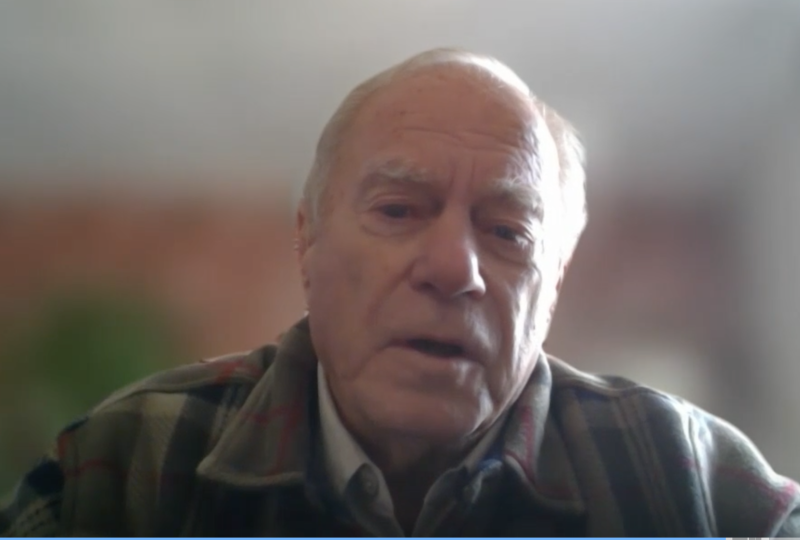Updated 1:45 p.m. Thursday, Jan. 26: The BART Board of Directors voted to censure member John McPartland for using a racist expression during a meeting earlier this month.
McPartland told three Black staff members at a meeting Jan. 12 that their work on BART’s ongoing racial equity initiative was “cotton-pickin’ inspirational.”
McPartland, who is white, apologized to the board and staff members Thursday and acknowledged that his “clumsy and inappropriate” words were “offensive and racially insensitive.”
Javier Pruitt Hill, one of the three BART employees whose work McPartland commented about on Jan. 12, said during public comment, “Director McPartland, your apology is acknowledged, now it’s time for action.”
Pruitt Hill, who works in BART’s Office of Civil Rights, said McPartland’s comment “embarrassed me, disrespected me and emasculated me in public.”
He challenged the board of directors to amend its code of conduct to include provisions on racial equity, social justice and anti-racism and to provide for recalls of board members who violate those provisions.
Lateefah Simon, the board’s only Black member, acknowledged McPartland’s apology but said public servants must live up to a higher standard in addressing racism.
“If we are going to stand up and run for office or be an appointee of any public office, it is not only our duty to understand the matters in front of us, it is our deep duty to understand, love, research and honor the communities we serve,” Simon said. “And, as the apology was read today, begin to make amends.”
The board voted six to two to approve Board President Janet Li’s motion to formally censure McPartland and remove him from all committee assignments.
Original post: The BART Board of Directors will consider a measure Thursday to censure a member who used a racist expression during a meeting earlier this month.
The measure, introduced by board President Janice Li of San Francisco, is in response to Alameda County member John McPartland’s use of the term “cotton-pickin'” while addressing several staff members at the board’s Jan. 12 meeting.
McPartland, who is white, was speaking approvingly of a presentation three Black staff members had just made on BART’s ongoing racial equity initiative (PDF). One of those presenting was Maceo Wiggins, chief of the agency’s Office of Civil Rights.
